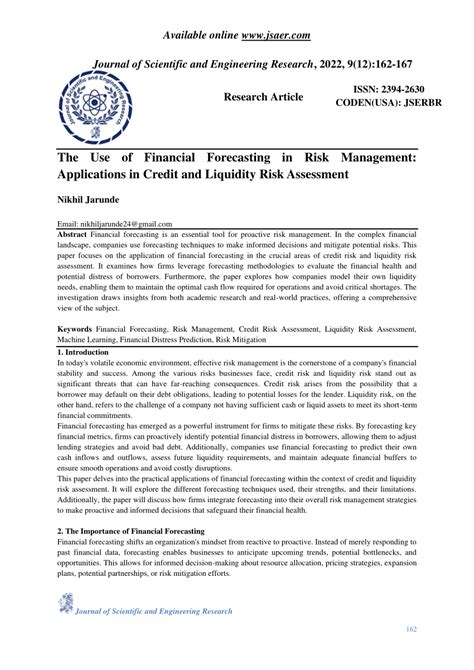“Cryptocurrency Investing 101: Understanding Liquidity, Risk Assessment, and Wallet Titles for a Safe and Successful Journey in the Cryptocurrency Market”
As the world of cryptocurrencies continues to evolve, it is crucial to understand the basic concepts that will help you navigate the market with confidence. In this article, we will examine the importance of liquidity, risk assessment, and wallet management when investing in cryptocurrencies.
What is liquidity?

Liquidity refers to how easily an investor can buy or sell a particular cryptocurrency at the desired price. In other words, it is the ability to quickly exchange one cryptocurrency for another without experiencing large price fluctuations. A liquid market allows investors to access their funds when needed, making it easier to speculate on price changes.
Why is liquidity important?
A liquid market is very important for several reasons:
- Reduced risk: When you invest in a liquid market, you are less likely to suffer large losses due to price fluctuations.
- More trading opportunities: A liquid market offers more trading opportunities, allowing investors to explore a variety of cryptocurrencies and strategies.
- Better overall returns: By increasing liquidity, investors can achieve better overall investment returns.
What is risk assessment?
Risk assessment is a key consideration when investing in cryptocurrency. It involves assessing the potential risks associated with the investment, including market volatility, regulatory changes, and security breaches.
To assess risk, you need to:
- Understand the underlying technology: Learn about the underlying blockchain technology and its applications.
- Research the project’s fundamentals: Review the project’s whitepaper, team, and community engagement to assess its growth potential.
- Assess market trends: Track market trends, including sentiment analysis and price movements.
What is a Wallet Address?
A wallet address is a unique identifier assigned to a cryptocurrency wallet. It serves as the primary entry point for transactions, allowing you to receive payments from other users or transfer funds from one wallet to another.
When choosing a wallet address:
- Use a secure password: Make sure your password is complex and difficult to guess.
- Enable two-factor authentication (2FA): Provide an additional layer of security by enabling 2FA where possible.
- Storing Private Keys Securely: Never store private keys in plain text or in an easily accessible location.
Best Practices for Managing Your Wallet Address
To maximize the security and functionality of your wallet address:
- Use a hardware wallet: Consider using a physical hardware wallet such as a Trezor or Ledger device.
- Protecting Multiple Wallets: Keep multiple wallets with different passwords and PINs for maximum protection.
- Monitoring Account Activity Regularly: Regularly monitor your account activity to detect suspicious transactions.
Conclusion
In summary, understanding liquidity, risk assessment, and wallet addresses is essential to making informed decisions when investing in cryptocurrencies. By prioritizing these factors, you can reduce the risk associated with market fluctuations and increase the potential return on your investment. Always remember to do thorough research, carefully assess risks, and protect your wallet address for a successful cryptocurrency journey.


